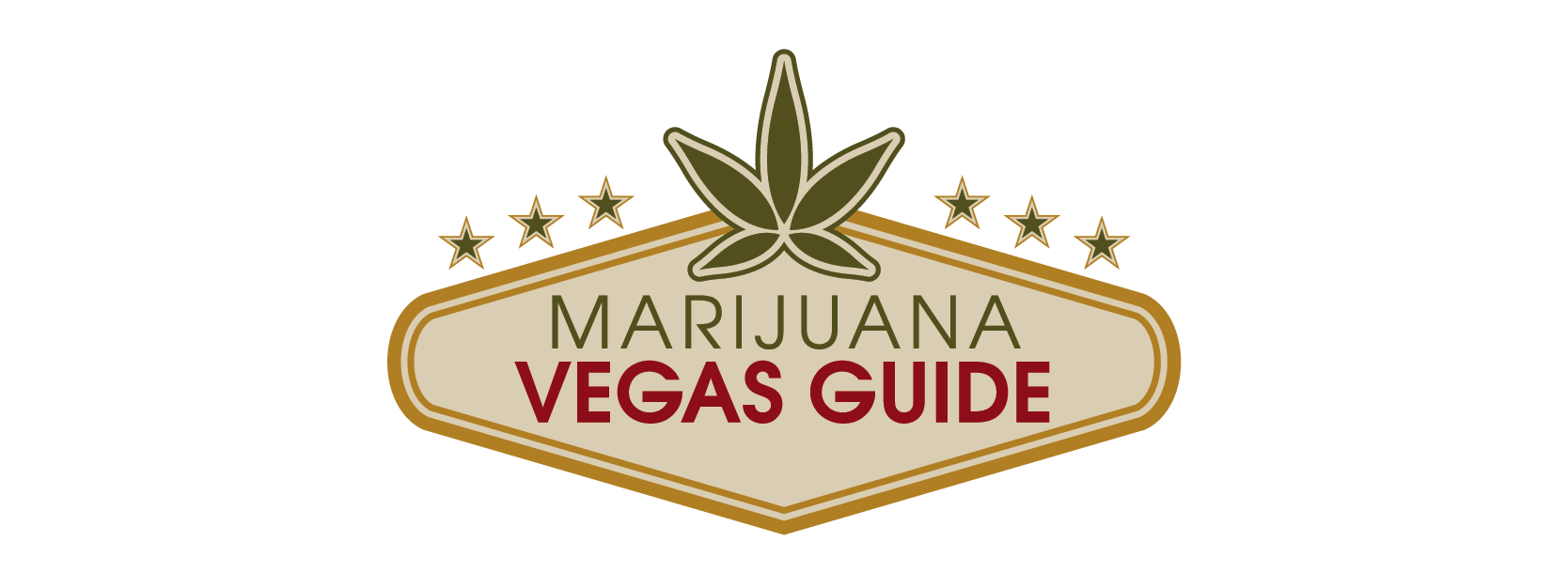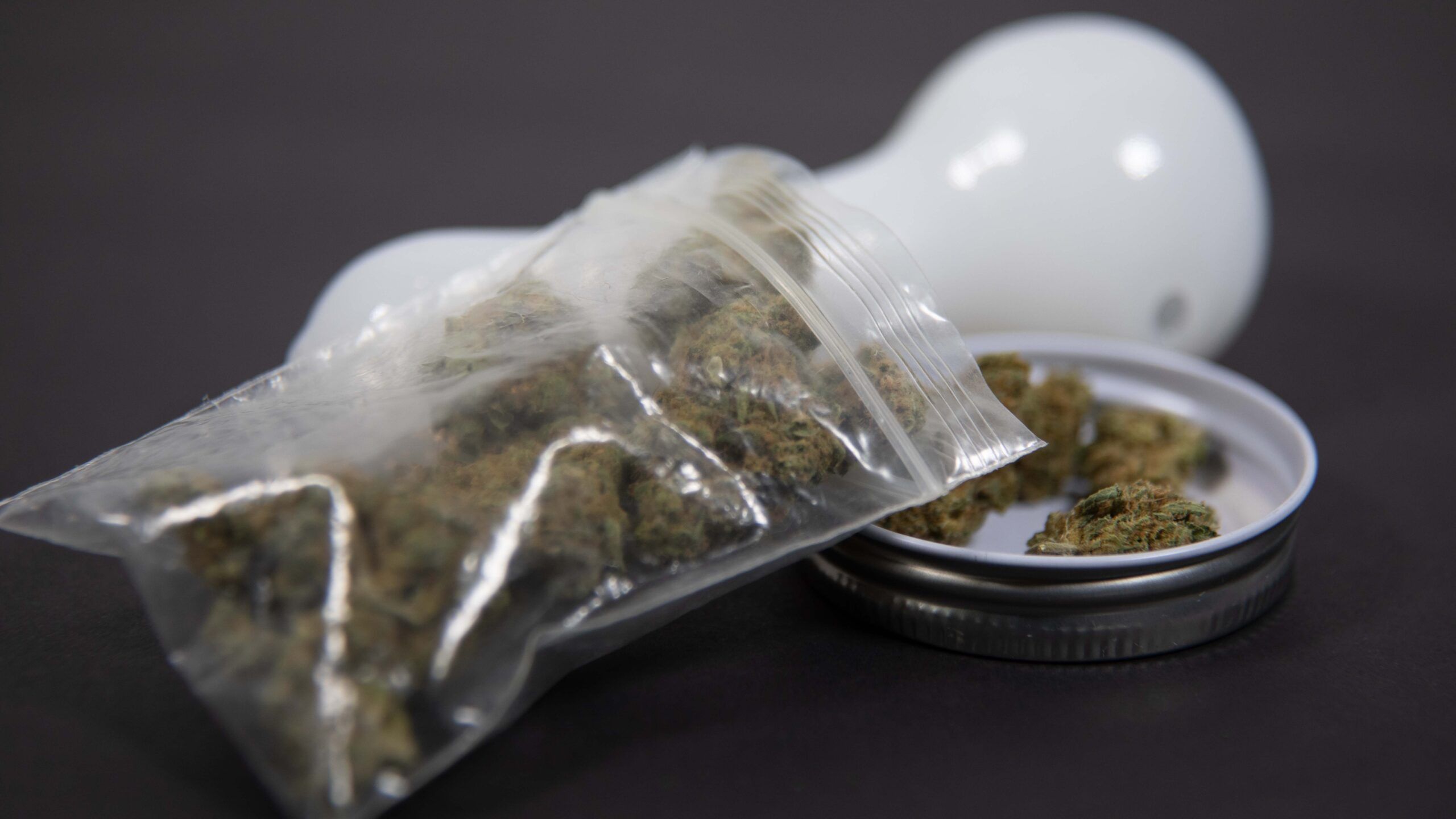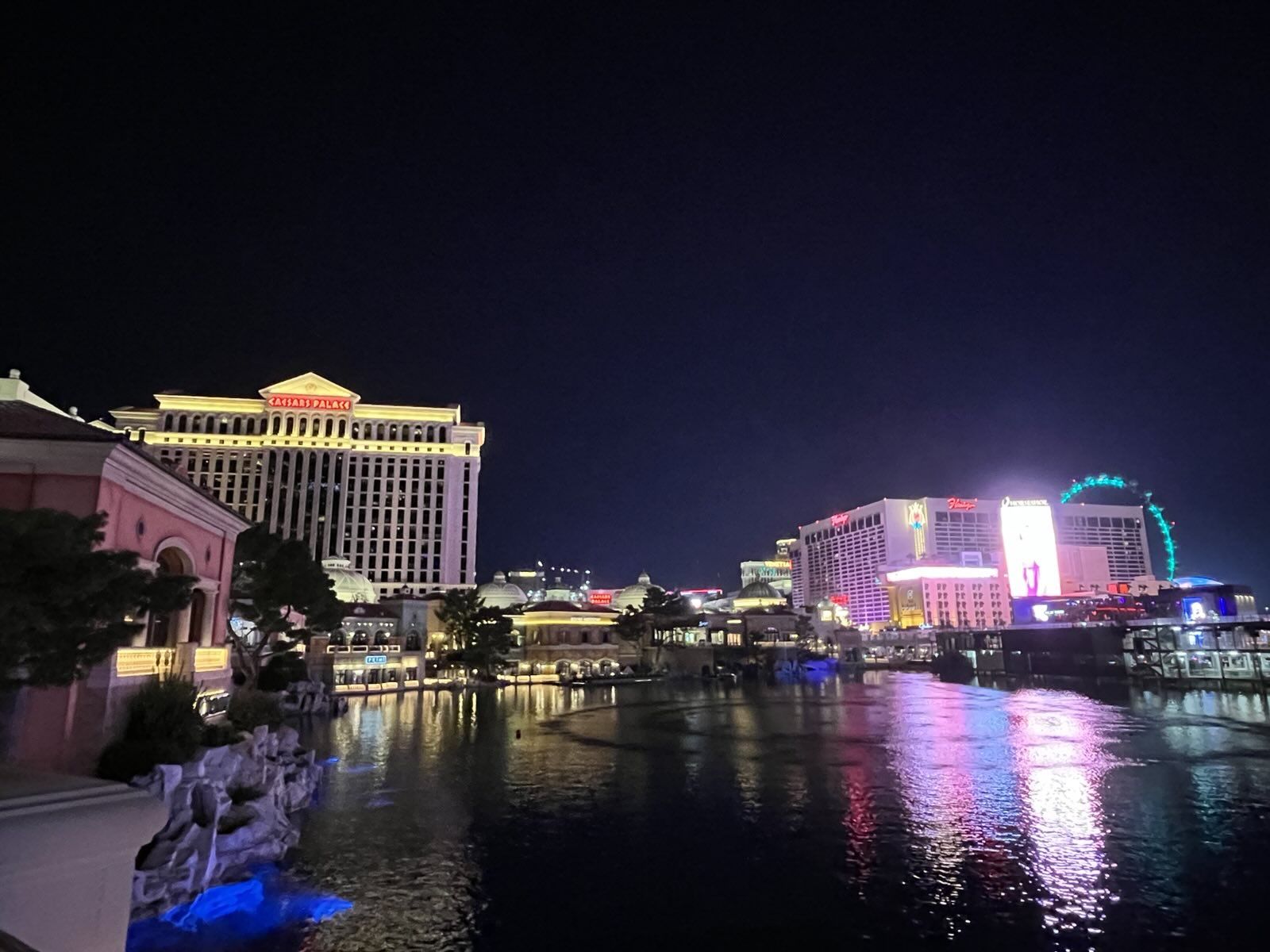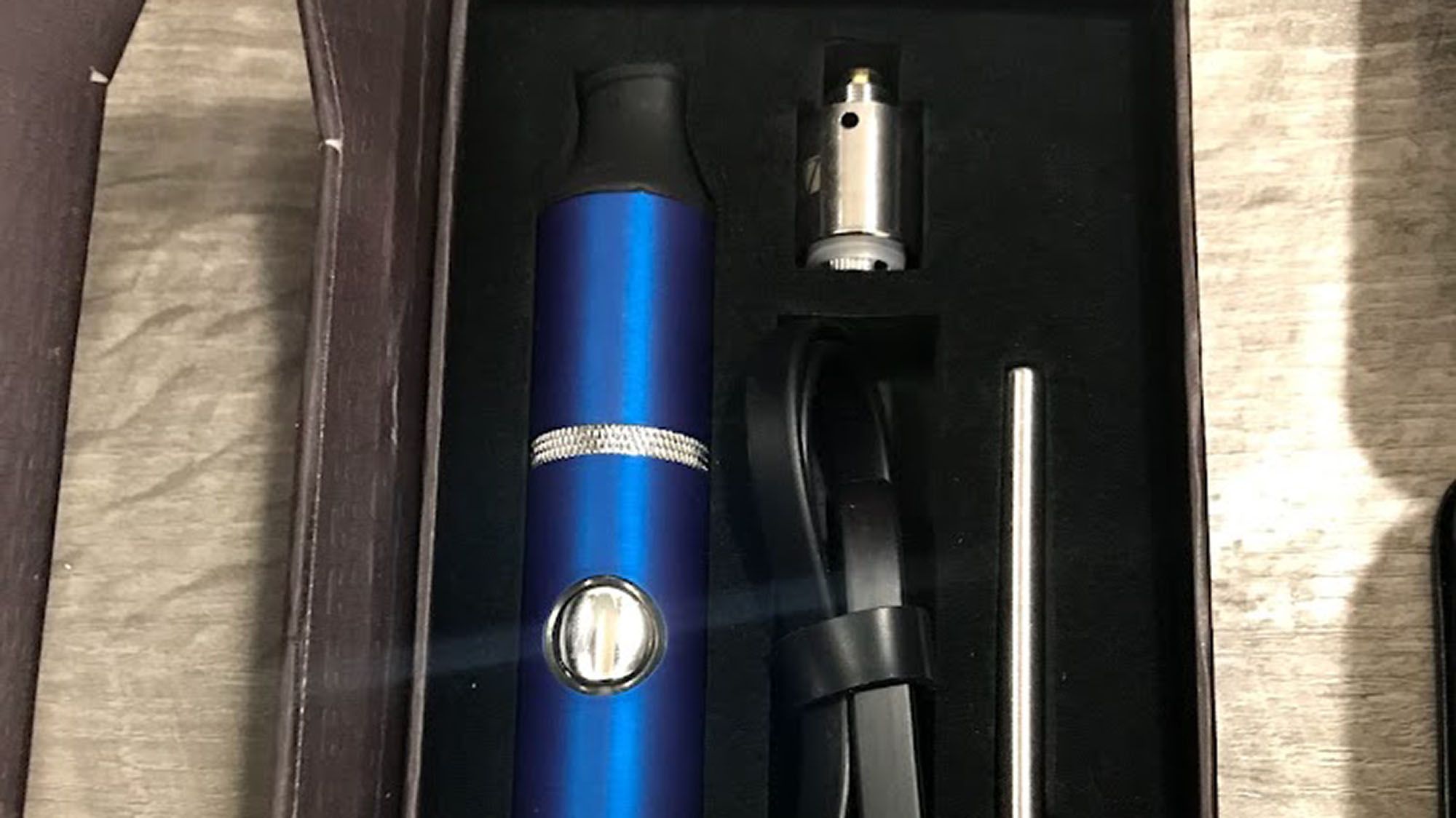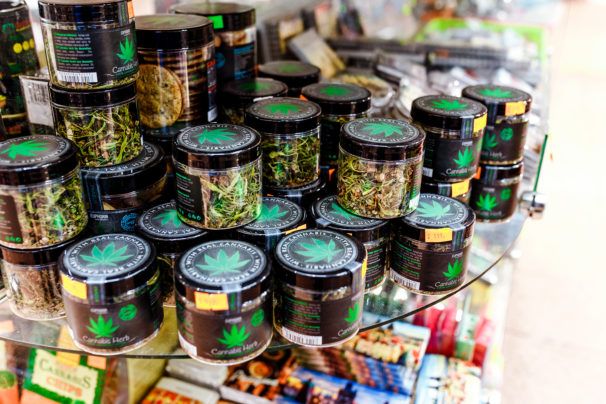Las Vegas’s legal cannabis industry has a persistent rival: a nimble illicit market that shadows the city’s tourist corridors and neighborhoods. Dispensaries invest in compliance, lab testing, and taxes; unlicensed sellers offer speed, lower prices and, often, delivery. The stakes are bigger than storefront turf. Nevada designed a regulated market to generate tax revenue and guarantee product safety, yet the concentration of visitors on and around the Strip—where casinos and a 1,500-foot buffer keep licensed retailers away—creates fertile ground for off-the-books sales. That tension now defines the industry’s post-boom era.
Quantifying the underground economy is difficult, but a state-commissioned market study estimates Nevada’s illicit cannabis trade at $242 million to $370 million annually—roughly a quarter to a third of total spending. Legal receipts, meanwhile, have retreated from pandemic highs: taxable sales totaled about $829 million in the most recent fiscal year, down each year since a peak just over $1 billion in FY2021, according to new figures and industry reporting. Together, the data capture a market where tourism demand and quick-moving delivery operations keep unlicensed competitors resilient.
Price is the battlefield. Nevada levies a 10% retail excise on adult-use cannabis, on top of standard sales tax, and a 15% wholesale excise at the cultivation level. Those layers, plus compliance costs, widen the gap between licensed menu prices and street prices. The state’s own market analysis cautions that tax policy can unintentionally steer price-sensitive consumers to unregulated sellers, and survey data point to convenience and perceived quality as additional drivers of illicit purchases. For legal stores, competing on value while explaining the safety premium behind tested, tracked products has become central to winning back casual buyers.
Geography and hospitality rules compound the challenge. Because licensed dispensaries cannot operate within 1,500 feet of gaming establishments, the Strip effectively lacks legal storefronts; tourists often encounter unlicensed delivery ads or sellers instead. Nevada tried to create compliant places to consume with state-licensed cannabis lounges. The first lounge, Smoke & Mirrors, opened in early 2024—an important proof-of-concept—but later scaled back operations amid high costs and uneven enforcement, leaving Planet 13’s venue as the lone state-licensed lounge open to the public.
Enforcement capacity is thin. The Cannabis Compliance Board (CCB) has a small cadre of POST-certified agents who primarily police the legal industry; tackling pop-up delivery rings and unlicensed storefronts typically requires local law enforcement and more resources. Regulators and operators have told lawmakers that illegal sales are cutting into regulated profits, calling for clearer civil tools and coordinated crackdowns. Metro has announced targeted operations at times, but the cadence remains a flashpoint between operators who play by the rules and rivals who do not.
What could tilt the field? The state-commissioned study recommends a consumer education campaign about testing and safety, careful calibration of taxes, and expansion to underserved areas—paired with consistent enforcement against illegal sellers. UNLV researchers add that modernizing rules that isolate cannabis from mainstream hospitality—such as single-purpose retail and rigid distance buffers—could allow the legal market to meet tourists where they are. The broader goal is straightforward: make licensed options as convenient and price-competitive as the alternatives without sacrificing the protections that legalization promised.
